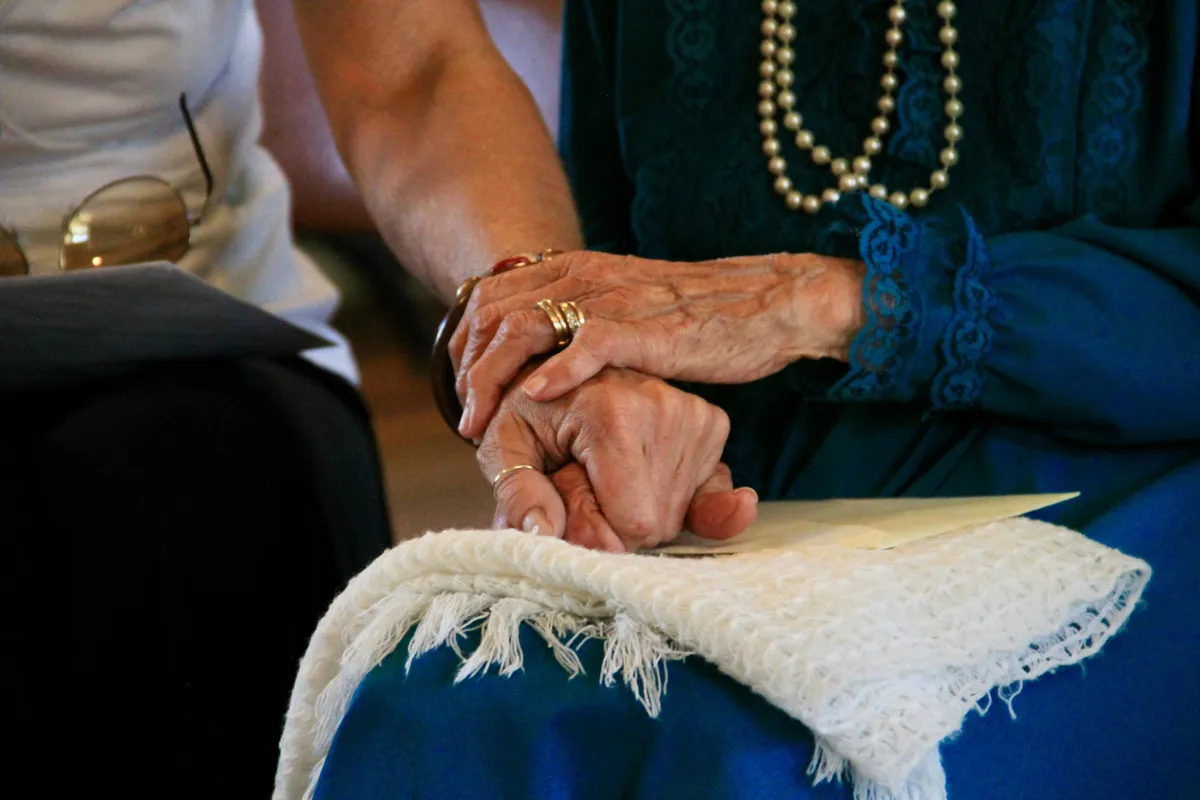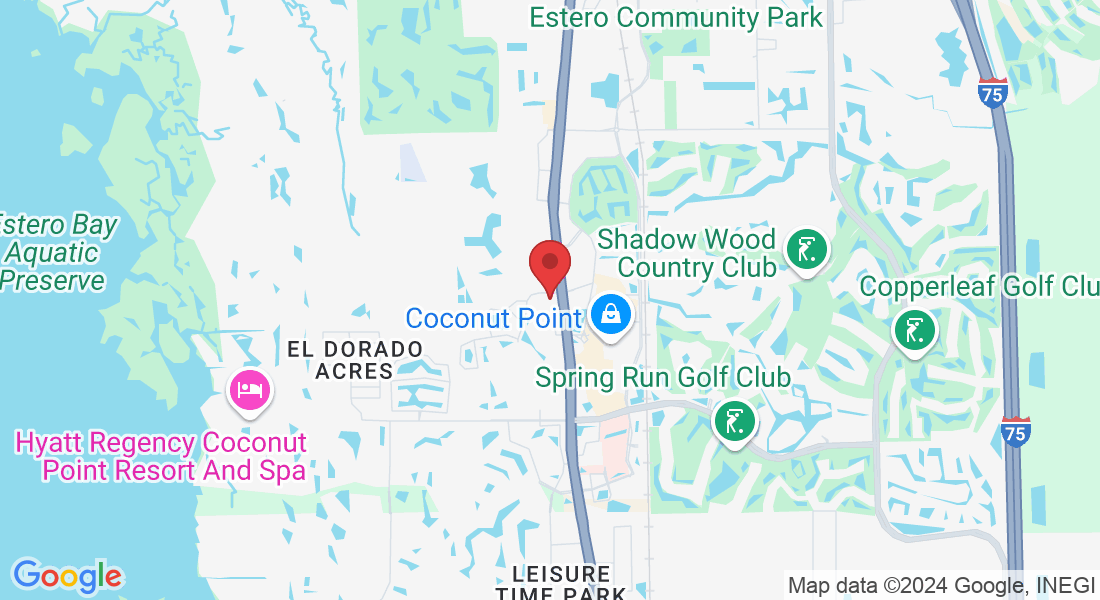Call Us: (239) 427-1455
This site is for families seeking memory care services. For employment inquiries, visit our Indeed page.
Memory Care Resources
Enjoy these articles on finding the right care for your loved one

7 Signs of Dementia and What to Look Out For
Dementia is a progressive condition that affects memory, thinking, and behavior, gradually interfering with daily life. While it is most commonly associated with aging, it is not a normal part of growing older. Early detection is key to managing symptoms and improving quality of life. Recognizing the signs of dementia early can help individuals and their families seek professional care and support in a timely manner.
At Gulf Coast Memory Care, we specialize in providing dementia care in Estero, Florida, offering personalized care plans that help individuals live with dignity and purpose. If you are concerned about a loved one, here are seven early warning signs to look out for.
1. Memory Loss That Disrupts Daily Life
One of the most common early signs of dementia is persistent memory loss, especially when it affects daily activities. Occasional forgetfulness is normal, but dementia-related memory loss is more severe and progresses over time.
What to Look Out For:
Forgetting recently learned information, appointments, or events.
Asking the same question repeatedly without realizing it.
Frequently misplacing objects and being unable to retrace steps.
Relying more on family members or memory aids to complete everyday tasks.
If your loved one struggles with these issues consistently, it may be time to seek medical advice.
2. Difficulty with Problem-Solving or Planning
Dementia affects cognitive abilities, making it harder for individuals to plan, follow instructions, or solve problems.
What to Look Out For:
Trouble following recipes, paying bills, or managing finances.
Struggling to concentrate on tasks that were once easy.
Taking longer to make decisions or showing poor judgment in financial matters.
This can lead to frustration and confusion, impacting daily independence.
3. Confusion with Time and Place
Losing track of time is common, but people with dementia may forget where they are or how they got there.
What to Look Out For:
Forgetting dates, seasons, or time of day.
Getting lost in familiar places, even close to home.
Struggling to recognize locations that should be well-known.
If a loved one seems disoriented more often, it could be an early sign of dementia.
4. Trouble Understanding Visual and Spatial Relationships
Dementia can affect depth perception, coordination, and visual processing, making daily tasks more challenging.
What to Look Out For:
Difficulty judging distances, leading to frequent trips or falls.
Struggling to read, drive, or recognize faces.
Misinterpreting reflections or shadows as real objects.
These changes can increase the risk of accidents and injuries.
5. Problems with Speaking or Writing
A person with dementia may struggle to find the right words, repeat themselves, or lose track of conversations.
What to Look Out For:
Difficulty following or joining conversations.
Frequently stopping mid-sentence and struggling to continue.
Calling objects by the wrong name (e.g., referring to a "watch" as a "hand clock").
These language difficulties can lead to frustration and withdrawal from social interactions.
6. Withdrawal from Work or Social Activities
As dementia progresses, individuals may lose interest in hobbies, work, or spending time with others.
What to Look Out For:
Avoiding social events or once-enjoyed activities.
Increased isolation and reluctance to engage in conversations.
Trouble keeping up with workplace tasks or responsibilities.
This withdrawal is often due to embarrassment, confusion, or difficulty keeping up with others.
7. Changes in Mood, Personality, or Behavior
Dementia can cause noticeable shifts in mood, behavior, and personality.
What to Look Out For:
Increased anxiety, depression, or mood swings.
Uncharacteristic aggression, paranoia, or suspicion.
Becoming easily upset in unfamiliar situations.
A once-outgoing individual may become withdrawn, or someone who was always calm may suddenly experience frequent frustration or irritability.
What to Do If You Notice These Signs
If you recognize these signs of dementia in a loved one, early intervention is crucial. Here’s what you can do:
Track Symptoms – Use an early signs of dementia checklist to document changes over time.
Schedule a Medical Evaluation – A doctor can assess cognitive function and determine if dementia is the cause.
Seek Professional Support – Memory care communities provide specialized assistance tailored to individuals with dementia.
How Gulf Coast Memory Care Can Help
At Gulf Coast Memory Care, we provide compassionate dementia care in Estero, Florida, focusing on safety, comfort, and quality of life.
Why Choose Us?
Personalized Care Plans – Tailored to meet the unique needs of each resident.
Specialized Memory Care Programs – Activities designed to stimulate cognitive function and enhance well-being.
Family Support & Guidance – Resources and assistance to help families navigate the journey of dementia care.
Final Thoughts
Dementia is a challenging condition, but early recognition and proper care can make a difference. If you notice any of these signs in a loved one, take action by seeking medical advice and exploring dementia care options.
At Gulf Coast Memory Care, we are committed to providing expert support for families navigating dementia. Contact us today to learn more about our compassionate memory care services.
Need Expert Dementia Care? Contact Gulf Coast Memory Care Today.

Gulf Coast Memory Care
(239) 427-1455
22900 Lyden Dr, Estero, FL 33928
AL# 12921





